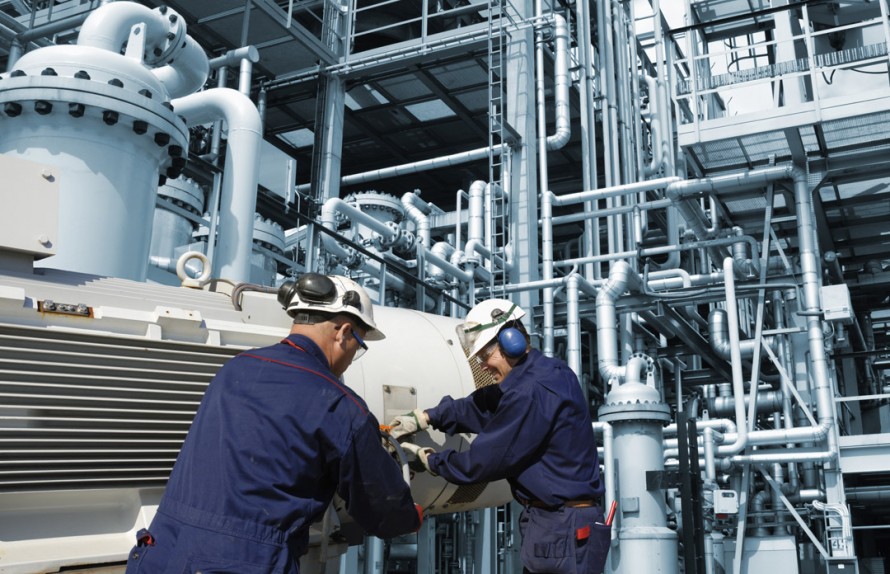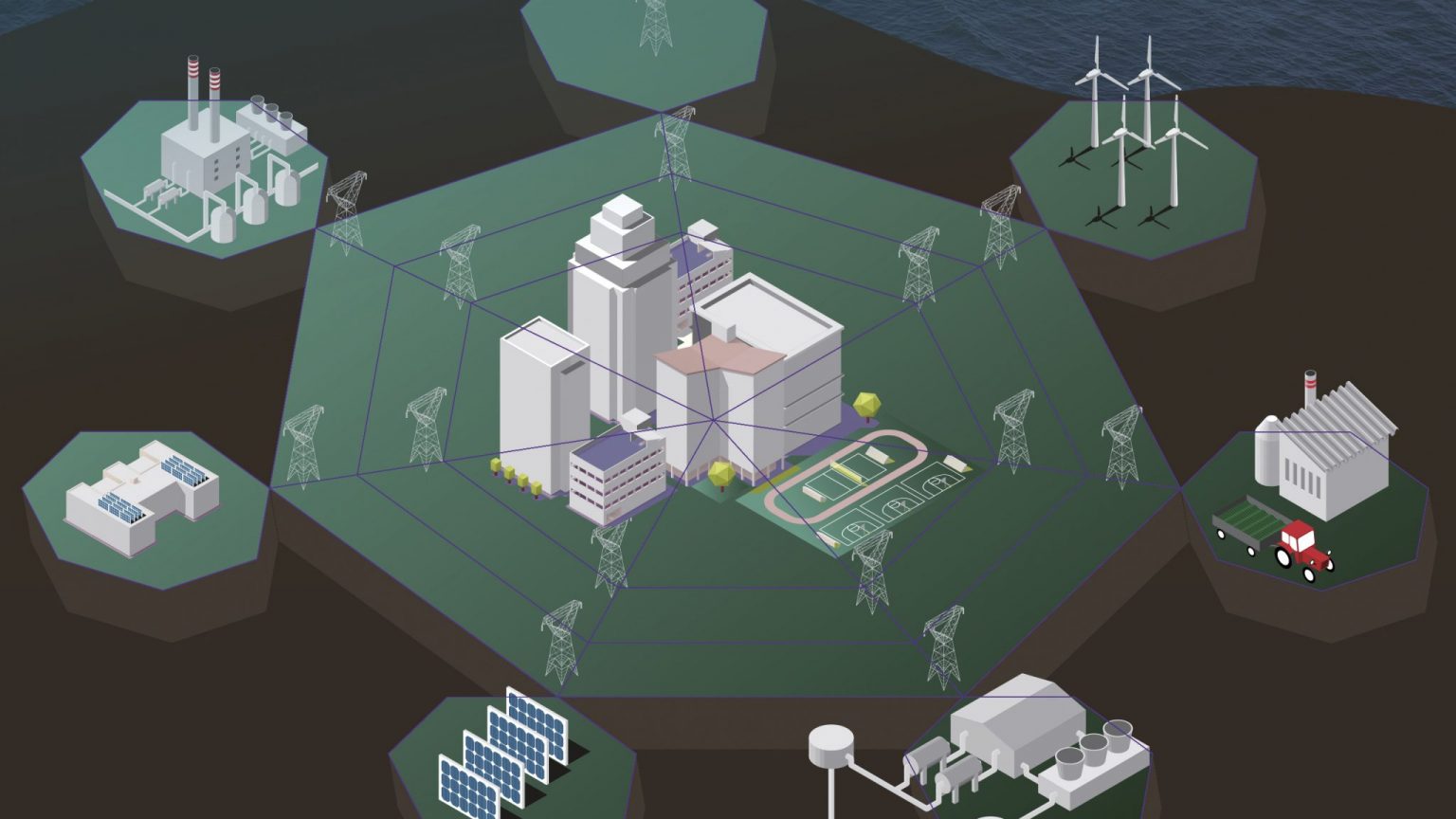

This course provides a whole spectrum of activities ranging from basic electrical and instrumentation engineering to advanced practice including hazardous areas, data communications along with a vast array of E&I equipment utilized in an oil and gas environment as well as practical treatment of electrical power systems and instrumentation within the oil, gas, petrochemical and offshore industries. Whilst there is some theory this is used in a practical context giving you the necessary tools to ensure that the E&I hardware is delivering the results intended. No matter whether you are a new electrical, instrumentation or control technician/technologist/graduate engineer or indeed, even a practicing facilities engineer, you will find this course beneficial in improving your understanding, skills and knowledge.
By the end of this course delegates will be able to:
Electrical engineers, experienced electricians, fire and gas engineers, instrument and control systems engineers, instrument and process control technicians or technologists, instrument fitters, recent graduate electrical, instrumentation or mechanical engineers, chemical engineers, mechanical engineers
Introduction
Instrumentation and Control
Specialized Applications in Oil and Gas
Electrical Engineering in Oil and Gas
CDGA attendance certificate will be issued to all attendees completing a minimum of 80% of the total course duration.
| Code | Date | Venue | Fees | Register |
|---|---|---|---|---|
| EE108-02 | 17-05-2026 | Casablanca | USD 6950 | |
| EE108-03 | 16-08-2026 | Doha | USD 5450 | |
| EE108-04 | 15-11-2026 | Riyadh | USD 5450 |

Reliable service is dependent upon properly designed and periodically tested protective relay systems. These systems, and their protective relays, are explained for transmission lines, substations, an ...

This delivers a critical blend of knowledge and skills, covering technology in electrical engineering, industry analysis and forecasts, leadership, management and everything that is relevant to a mode ...
Providing services with a high quality that are satisfying the requirements
Appling the specifications and legalizations to ensure the quality of service.
Best utilization of resources for continually improving the business activities.
CDGA keen to selects highly technical instructors based on professional field experience
Since CDGA was established, it considered a training partner for world class oil & gas institution
3012, Block 3, 30 Euro Business Park, Little Island, Co. Cork, T45 V220, Ireland
Mon to Fri 09:00 AM to 06:00 PM
Contact Us anytime!
Request Info